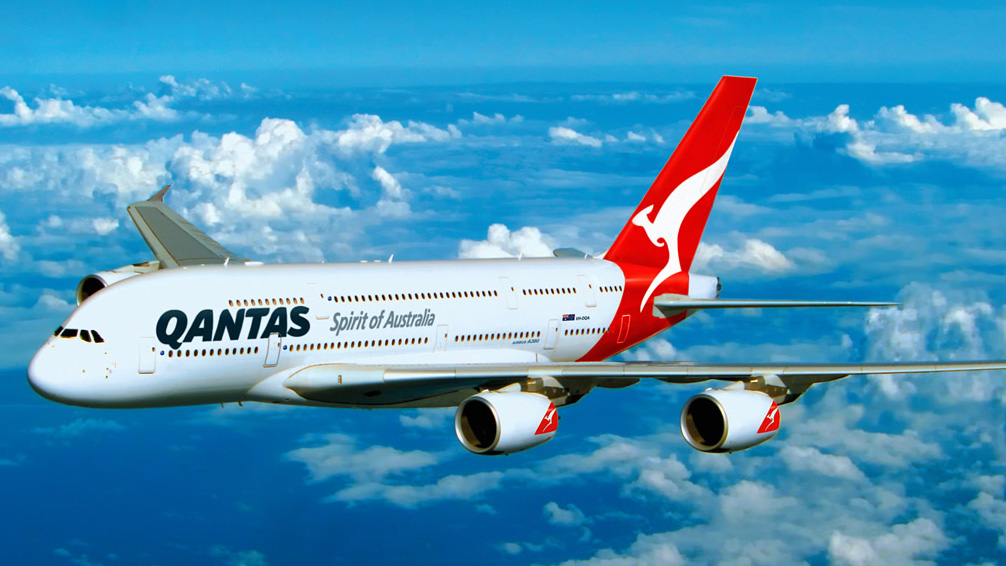
Pilots who wish to work for Qatar Airways may need to start undergoing psychological examinations by the carrier before they join the company, an airline official has said.
The proposal comes after a Germanwings pilot killed 150 people in March, including himself, by deliberately crashing his plane into the French Alps.
Currently, the airline’s pilots are screened during the recruitment process for personality traits that “could become counterproductive,” a Qatar Airways senior company psychologist said while speaking at an employee health and wellbeing conference in Doha today.

Their mental health is then examined as part of a general medical exam conducted by approved doctors with Qatar’s Civil Aviation Authority.
Tina Balachandran added that if any mental health issues are detected, the pilots are referred for a psychological assessment. She declined to quantify how many Qatar Airways pilots have been grounded due to mental illness.
Pilots also receive regular, subsequent checks known as “fitness for duty” assessments, Balachandran said.
But the key question that remains, she said, is what medical professionals should be screening for.
Episodes of psychosis are difficult to predict and often lack visible indicators. Instead, aviation medical experts are increasingly suggesting that the focus should be on common mental health issues that can be treated, such as depression, anxiety and grief.
“The objective is not to arrive at a psychiatric diagnosis or condition, but to look out for those psychosocial stresses or personality characteristics so we can provide support,” Balachandran said.
Peer support
The issue of mental health in the cockpit was thrown into the spotlight in March after the Germanwings plane crash.
Investigators found that the crash was deliberately caused by the co-pilot, who had previously researched suicide methods before locking the plane’s captain out of the cockpit and flying the plane into the French mountainside.

After the Germanwings crash, the Aerospace Medical Association reviewed its existing guidelines and declined to recommend more stringent regulations:
“Although serious and sudden psychological conditions are often difficult to screen for and do not justify routine testing, less serious and more symptomatic conditions like depression, anxiety, mania, alcohol and drug abuse do show signs and are more likely to be diagnosed and so worth screening for,” the organization said.
Pilots, as well as cabin crew members, work in a unique environment. They’re often away from their families for extended periods of time, assigned irregular shifts and do not typically work with the same colleagues on a regular basis.

“All these are contributing factors that can affect employee well-being,” Balachandran said.
While pilots have a personal responsibility to report any issues that could affect their ability to fly safely, some may be reluctant to do so knowing that it may cost them their job.
There is also a culture surrounding the industry that may discourage some from seeking help, Balachandran said:
“The pilot population … may not always want to talk about their personal issues because they come across as a community that is confident and in control.”
Last year, Qatar Airways followed in the footsteps of several other carriers by launching a peer support program in which trained volunteer coworkers assisted colleagues experiencing distress, Balachandran said.
A trial project received positive feedback and will be rolled out across the company, she added.
Additionally, health questionnaires, aimed at identifying psychosomatic symptoms, are now part of screening appointments by company doctors, Balachandran said, adding that the documents give medical professionals a tool to start mental health discussions with patients.
“We let (employees) know that it is a safe environment where they can come and talk to us, and we’re there to provide them support as needed,” Balachandran said.
Thoughts?







